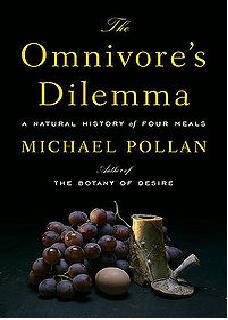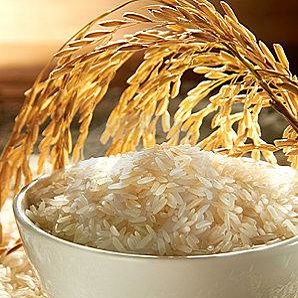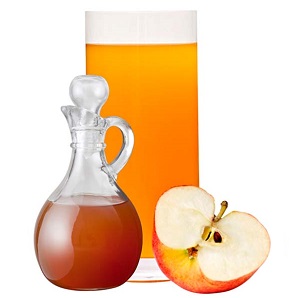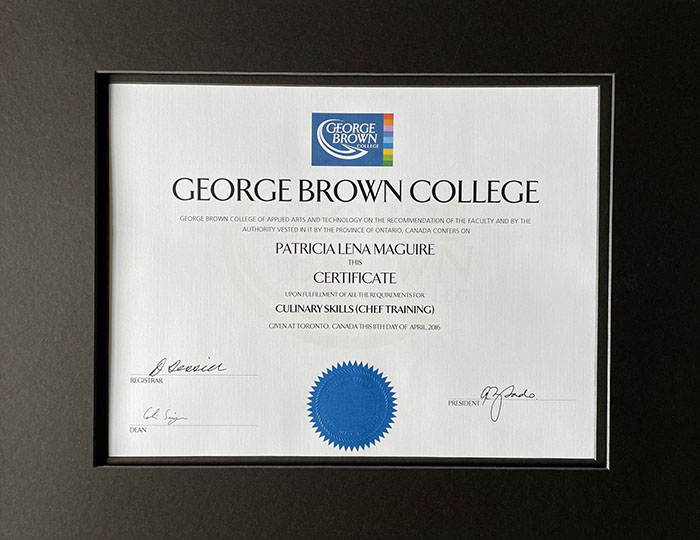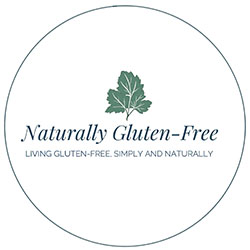- Home
- Books on Celiac Disease
- Food Genes and Culture
Review: Food Genes and Culture
Eating Right for Your Origins
|
Title: Food, Genes and Culture, Eating Right for Your Origins Author: Gary Paul Nabhan Genre: Food Science Publisher: Island Press Pages: 248 |
I did not receive a free copy of this book and I was not asked to review it. It's here because I view it as a useful resource.
If you want to buy it, click the photo or the link to Amazon. I will earn a small commission, at no cost to you.
About Food, Genes and Culture
In Food, Genes and Culture, Gary Paul Nabhan suggests to us that there is not one "ancestral diet" for all humans. To illustrate this, he recounts his investigations into various cultures around the world and uses genetics to explain things like why some can digest dairy and others can't, why some can tolerate spicy food and others can't and why a particular group of young men are sickened by fava beans yet are protected from malaria. Is the "Mediterranean diet" right for everyone? What about paleo, low fat, low carb? In prescribing the right food for humans to eat and even advising us to eat what our ancestors ate, proponents of these various diets ignore the fact that we do not all have the same ancestors. Some of our families hail from Asia, others from the middle east, northern Europe, or North America. We evolved separately and what one population may thrive on may be disastrous for another.
My Review
This book caught my eye as it was referenced in A Hunter Gatherer's Guide to the 21st Century which I'd recently read and reviewed. I am intrigued by the notion of ancestral diets and genetic differences among populations perhaps partly because celiac disease is genetic and seems to afflict populations that didn't consume wheat until more recently in evolutionary time. Lactose intolerance is similar as I've written about in my article on celiac disease and lactose intolerance.
Through the early chapters of the book, I enjoyed how the personal stories and those of the author's friends and acquaintances weave through and enliven the scientific discussions of topics like lactose intolerance among native North Americans, and the strange double edge sword of fava beans among Sardinian youth. Yet as I continued to read and to look for something instructive, I became disappointed. There are plenty of hypotheses as to why populations may have evolved to tolerate certain foods or not: "Did non tasters or supertasters have greater chances of survival as the dynamics shifted toward more meat eating, more pungent peppers and more virulent microbes?" and to why people become sick as they migrate away from their ancestral homes and the foods of their ancestors. But the promise of "eating right for your origins" never materialized.
I live in Canada and my family has been here for over a hundred years. Is this long enough, four generations, to have grown accustomed to the food here? Or should I be looking to my English and Irish roots to find the right food? What is that food? The only thing I learned was that I'm likely to be able to tolerate milk (which I can't) and that my ancestral cuisine is so bland I should want nothing more than to escape it.
I considered that perhaps my Eurocentric perspective is the problem. Fair enough. So I tried to put myself in the shoes of someone native to North America, or Asia or Australia, or central Europe. There are anecdotes of a few specific foods from these areas, but nothing one could, in my opinion take away to build a "diet of their origin."
It's possible that I'm being unfair. Perhaps the information in this book accurately reflects the state of human understanding of the topic. The human genome after all was only just sequenced in 1990, a mere 30 some years ago. We have learned much but we have much to learn. My frustration may be better placed with the incompleteness of our knowledge than with the author.
Check out my FREE Printable Gluten-Free Food List and Newsletter!
Up to the minute information about
Living Gluten-Free, Simply and Naturally
I think maybe my issue is with the title rather than the book itself. Food, Genes and Culture fits but if perhaps instead of Eating Right for Your Origins the subtitle was something like "Exploring Genetic Issues Related to Food" or "Why Migration and Modern Diets Make us Sick" I'd have come away less disappointed. Yet I'm hopeful. There is lots to explore here and lots to learn. I'll enjoy watching as scientists discover more about how our genetics affect our health and as gene therapies begin to enter the medical realm and provide hope and healing for those who suffer.
Do I recommend this book? If you are interested in the puzzle pieces of discovery and can be comfortable with the lack of a complete picture, then you might like this book. If you are looking for how to "eat for your origins" no matter what those origins are, I think you'll be disappointed.
You Might Also Like
The Omnivore's Dilemma by Michael Pollan: Not specifically about gluten in any way, but a pure and poignant exposé on our food system and how corn partnered with Agribusiness to take over the world.

